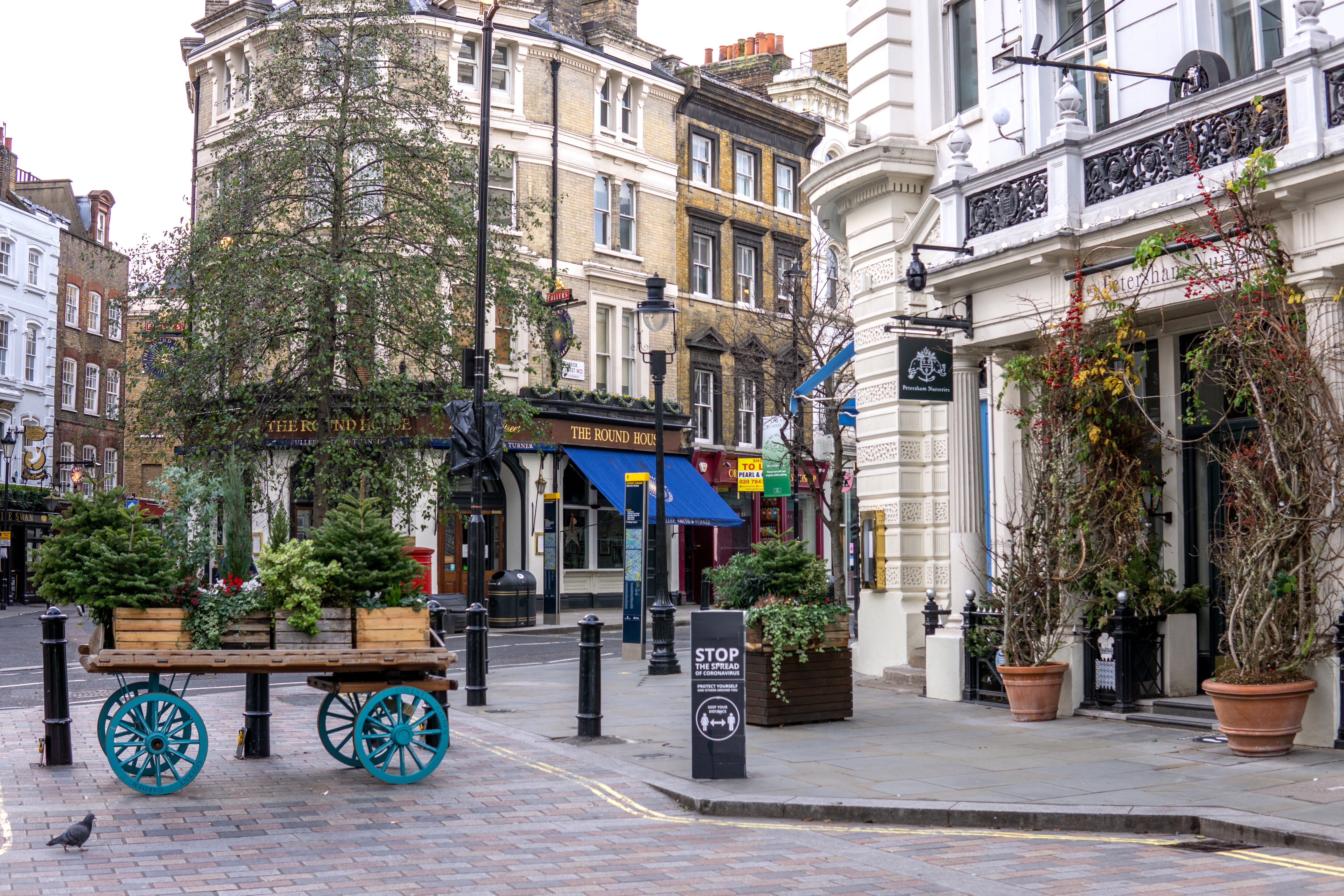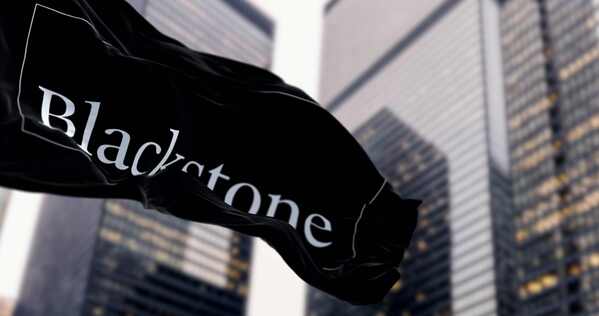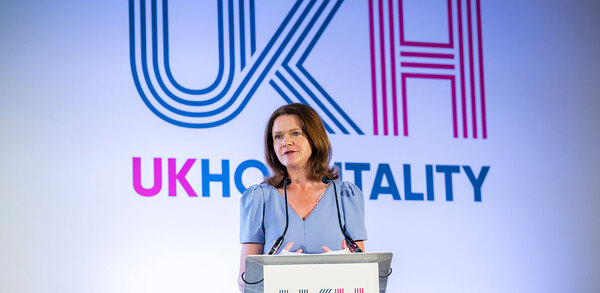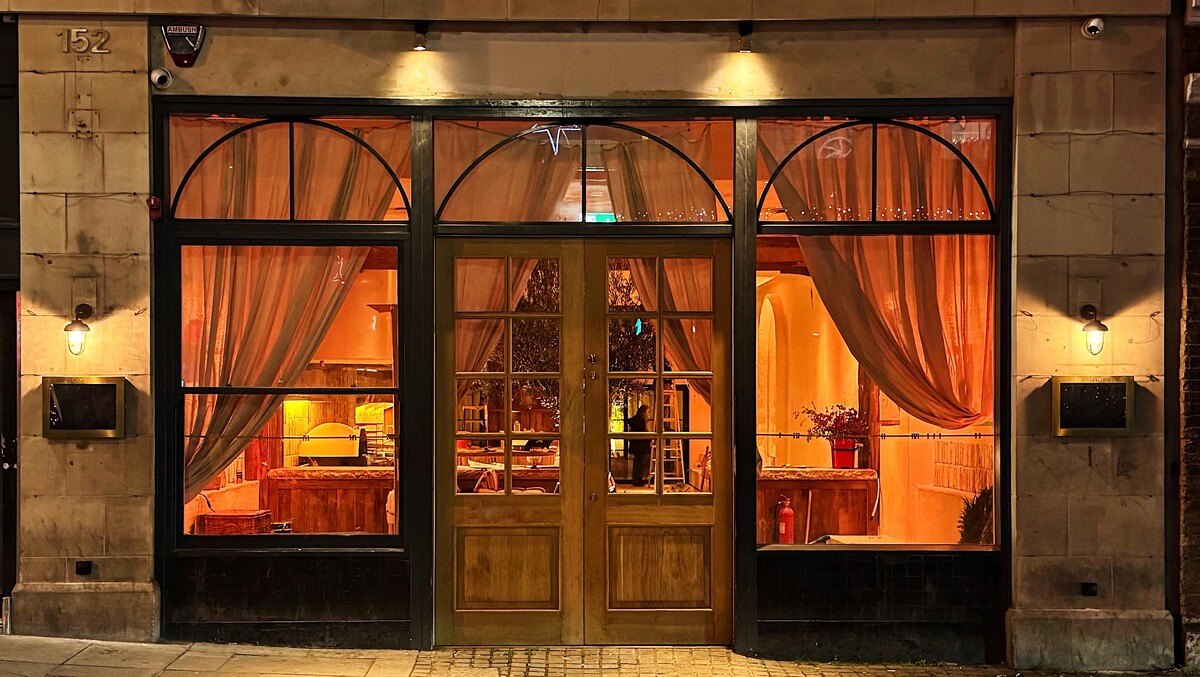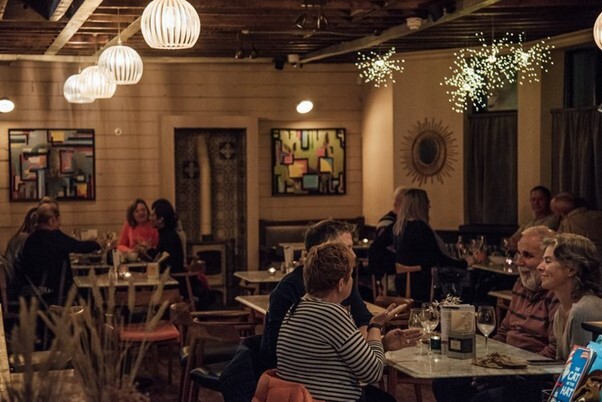Pub and restaurant groups saw sales drop 72.6% over Christmas
Britain’s managed pub and restaurant groups saw total sales drop by 72.6% over the festive season, in what should have been the sector’s busiest trading period of the year, according to data from the Coffer Peach Business Tracker.
Trading figures for the five weeks from 30 November to 3 January showed that drink-led managed pubs and bars were worst hit, with total sales down 83.7% and 87.2% respectively on the same period last year. Managed food-led pubs and pub restaurants were down 78.2%, while group-owned restaurants saw total sales drop 57.9%. In December, delivery accounted for 23% of restaurant chains’ sales.
Karl Chessell, director of CGA, the business insight consultancy that produces the tracker in partnership with the Coffer Group and RSM, said: “Hopes that Christmas and New Year would help at least part of the market recoup a little of the income lost earlier in 2020 were dashed when the government started to impose increasingly severe tier restrictions across England in the run-up to the Christmas break, with further prohibitions for New Year, on top of the restrictions in place in Scotland and Wales.”
Regionally, London, which was largely open at the beginning of December, fared slightly better than the rest of the country with sales down 66.8% on last year, compared to 73.9% down outside of the M25.
At the beginning of the festive period just over half of the country’s managed pubs, bars and restaurants were trading again after November’s lockdown. However, by the end of December the number was less than 10%.
At the end of December, underlying annual sales for the whole market were down 50.5% on the previous 12 months.
David Coffer, chairman of the Coffer Group, said: “It doesn’t need a genius to work out why these dreadful trading figures have materialised. The big question is how do we come out of the spin? With most operators now unable to create any turnover whatsoever the accrual of debt has become critical.
"The crucial date will be 31 March, when the moratorium for insolvency is removed and many operators will face over a year of unpaid property outgoings, which landlords will be able to aggressively pursue. Similarly, there are debts relating to rates, taxes, VAT, insurance and repayment of business loans. Altogether a tsunami of debt which needs to be dealt with from a standing start. How our sector, and indeed others, manage this predicament will be more than a challenge.”
Paul Newman, head of leisure and hospitality at RSM, said: “December’s results lay bare the stark reality facing the hospitality sector. The government’s tier restrictions led to most sites shuttering early in the month, compounding pressure on costs with operators already committed to serious outlays with suppliers to meet anticipated festive demand. With New Year lockdown measures unlikely to be lifted before Easter – in an optimistic scenario – the hospitality industry is left facing its greatest challenge yet.”
He added: “At the very least, a further year of business rates relief and the extension of the 5% reduced VAT rate would provide some hope for the future and allow more companies to emerge the other side of this pandemic to fight another day.”
Photo: Shutterstock



